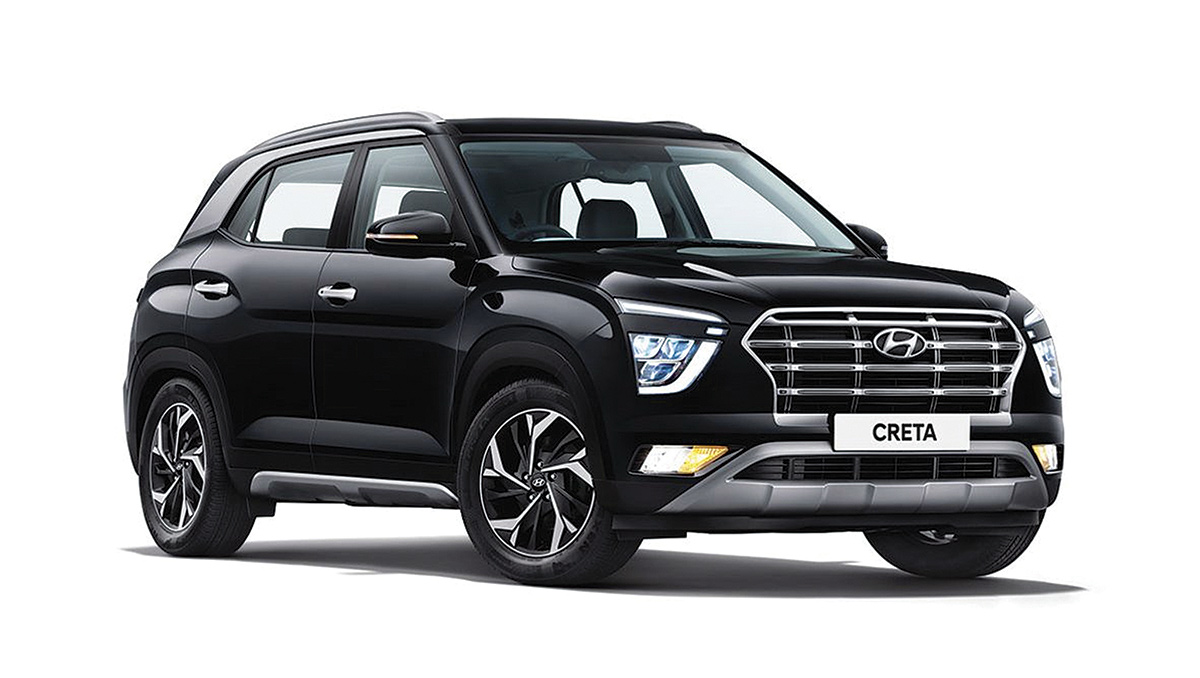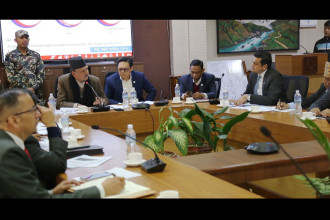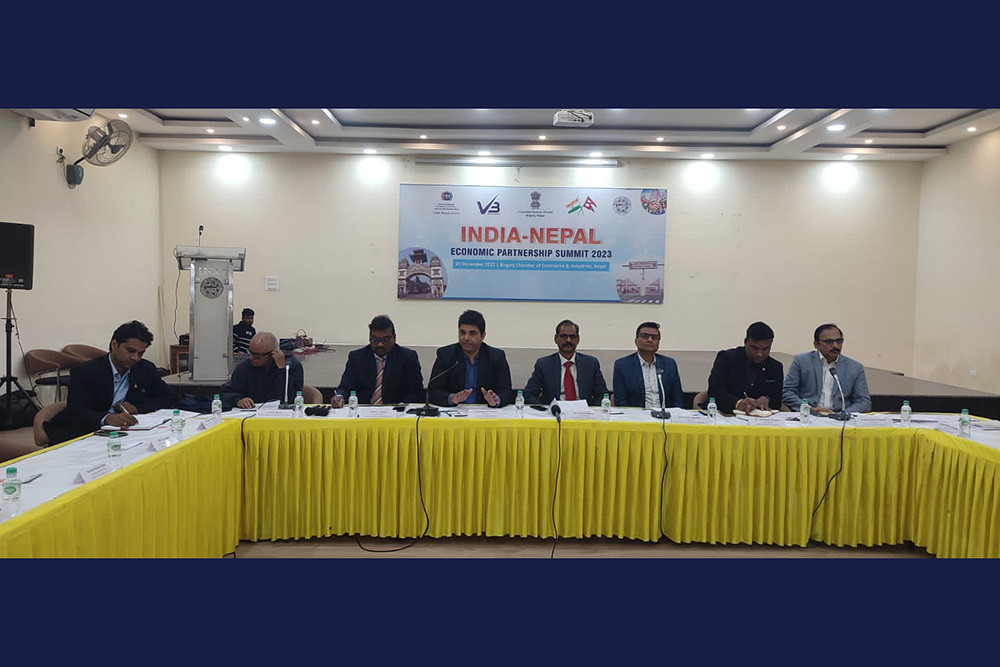
Nepal has ranked 109 out of 162 countries and territories with an overall score of 6.48 (on a scale of 1 to 10 where a higher value indicates a higher level of economic freedom) included in the Economic Freedom of the World: 2020 Annual Report, released by Samriddhi Foundation on September 10 in conjunction with Canada’s Fraser Institute. Last year, Nepal ranked 110 with a score of 6.49 whereas the country ranked 102 in 2018 with a score of 6.53.
Nepal’s scores in key components of economic freedom are: size of government dropped to 6.92 from 7.2 (global ranking of 63rd), legal system and property rights went up to 4.64 from 4.6 (global ranking of 104th), access to sound money went up to 6.89 from 6.8 (global ranking of 137th), freedom to trade internationally slid to 6.59 from 6.6 (global ranking of 111th) and regulation of credit, labor and business climbed to 7.36 from 7.2 (global ranking of 71st).
Hong Kong and Singapore again top the index continuing their streak as 1st and 2nd respectively and New Zealand, Switzerland, the United States, Australia, Mauritius, Georgia, Canada and Ireland round out the top 10. The report, based on 2018 data (the most recent comparable data), warns that recent events in Hong Kong will likely cause its score to fall as data become available for 2019 and 2020. “Intrusion on the rule of law, the foundation of economic freedom, by the Chinese Communist Party is negatively affecting economic freedom in Hong Kong,” said Fred McMahon, Dr. Michael A. Walker Research Chair in Economic Freedom with the Fraser Institute.
The 10 lowest-rated countries are African Republic, Democratic Republic of Congo, Zimbabwe, Republic of Congo, Algeria, Iran, Angola, Libya, Sudan and Venezuela. Despotic countries such as North Korea and Cuba can’t be ranked due to lack of data.
Other notable rankings include Japan (20th), Germany (21st), Italy (51st), France (58th), Mexico (68th), Russia (89th), India (105th), Brazil (105th) and China (124th).
According to research in top peer-reviewed academic journals, people living in countries with high levels of economic freedom enjoy greater prosperity, more political and civil liberties, and longer lives. For example, countries in the top quartile of economic freedom had an average per-capita GDP of $44,198 in 2018 compared to $5,754 for countries in the bottom quartile. Moreover, in the top quartile, the average income of the poorest 10 per cent was $12,293 compared to $1,558 in the bottom quartile. Interestingly, the average income of the poorest 10% in the most economically free countries is more than twice the average per-capita income in the least free countries.
“Where people are free to pursue their own opportunities and make their own choices, they lead more prosperous, happier and healthier lives,” McMahon said.
The Fraser Institute produces the annual Economic Freedom of the World report in cooperation with the Economic Freedom Network, a group of independent research and educational institutes in nearly 100 countries and territories. It’s the world’s premier measurement of economic freedom, measuring and ranking countries in five areas—size of government, legal structure and security of property rights, access to sound money, freedom to trade internationally and regulation of credit, labour and business.
Published Date: October 15, 2020, 12:00 am
Post Comment
E-Magazine
RELATED B360 National





